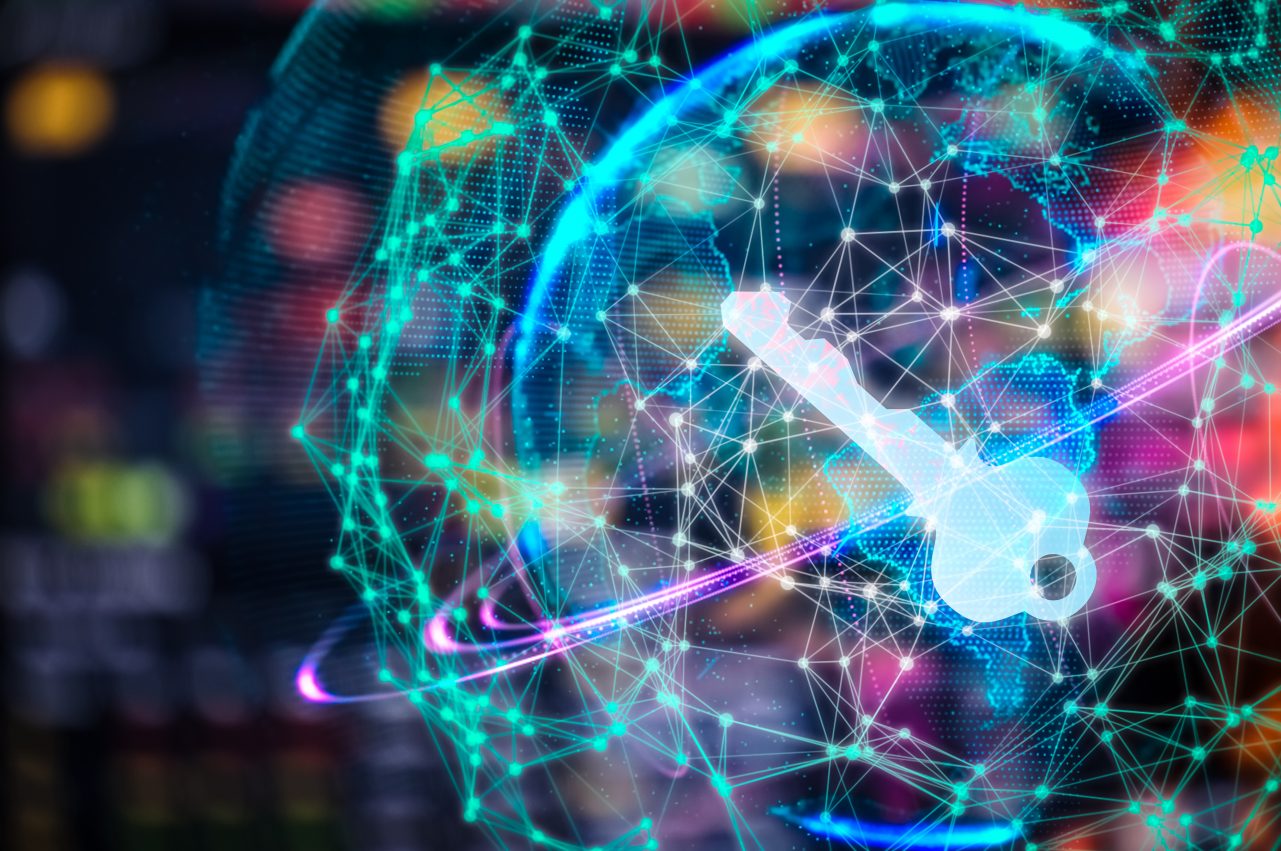Two weeks ago, a small Internet Society delegation was in Delhi to participate in a number of events that contained the word ‘Global’ and ‘Cyber’. In this post, I’ll share some of our perspectives on the first two events – the GCCS and the GFCE.
GCCS – The Global Conference on Cyberspace
The first meeting of the week was the Global Conference on Cyberspace. This was originally a government-initiated conference series and is also commonly known as the London Process.
Part of the strength of these meetings is that they create a trusted environment for governments to discuss global issues that are usually state-centric, such as international aspects of security and stability. Over time, these meetings have opened up to other stakeholders, with the 2015 meeting in The Hague being the most inclusive so far. However, inclusive participation is not a given. Inclusion is important because these types of meetings ultimately are where norms for inter-state behaviour emerge, not necessarily in writing but through the development of a common narrative. But such narratives are only strong and impactful if those who implement and are impacted by those norms have a seat at the table. Although inclusive, multi-stakeholder participation has historically been integral to how the Internet evolves, it has not been as intuitive when it comes to processes that focus primarily on security and stability considerations.
One should observe how the London Process has been attempting to create an inclusive process, something that we at the Internet Society acknowledge and applaud. It is important that all stakeholders help shape any normative narrative that emerges from this process. But, in Delhi, we took a step back. Non-state actors, like the Internet Society, did not have an equal seat at the table: while we were asked to review panel reports, we could not participate in the drafting of a possible declaration (circulated only among governments) and did not get a preview to the chair’s statement. At the same time, some of our local chapters and well known civil society organizations from the host country also found the doors closed. In what felt like a reverse moment compared to The Hague meeting, only a subset of participants could contribute to the words that ultimately ended up on paper.
The ability to help refine, change, or argue the normative thinking through participating in the meeting is important; being able to contribute to the words that reflect its results even more so. The London Process should strive to innovate its model toward more inclusiveness of non-traditional participants in ministerial gatherings. We hope that the yet unknown next host of the GCCS will carefully design the meeting around maximum inclusiveness of stakeholders.
Substantively, the Internet Society contributed to the GCCS meeting in two ways:
- ISOC organized a roundtable to engage with several Internet stakeholders on digital inclusion. The dialog—which included APNIC and MEITy (Indian ICT ministry) and participation by ISOC Board of Trustees member Harish Pillay—enabled brainstorming about access to the Internet and tools, growing adoption of new networks and technologies like artificial intelligence and the Internet of Things that affect it, modalities and approaches to help marginalized sectors of society, and barriers to entrepreneurship and uneven investments in digital literacy.
- I participated in a panel about Digital Divides. Using our Future of the Internet report as the basis, I zoomed into security divides and identified where a number of those divides might occur and argued that in such complex environments the collaborative security approach provides handles to narrow the divides.
With these two panels, we continue to convince participants that the Internet is not centrally managed and that anything Cyber is a shared responsibility, a message that was reflected during the reporting sessions.
GFCE – The Global Forum on Cyber Expertise
One of the outcomes of the 2015 GCCS meeting in The Hague was the establishment of ‘the Global Forum on Cyber Expertise’. In Delhi, a session was organized around the launch of their agenda for cyber capacity building. During the session and in hallway chatter, it became clear that the GFCE has gathered momentum and is seeking meaningful partnerships to reach the appropriate audiences. Their declaration not only sets out an agenda around five themes (Cyber Security Policy and Strategy, Cyber Incident Management and critical Infrastructure Protection, Cybercrime, Cyber Security Culture and Skill, and Cyber Security Standards), it also clearly defines its guiding principles for reaching these goals. The GFCE is clearly hitting the ground running.
It should also be noted that Indians committed to establishing a Digital Knowledge Platform, specifically focused on addressing potential information and communication technology gaps and harnessing information and communication technology for sustainable development. That platform has a different focus than GFCE, and may turn out to be a synergetic addition.
While in India for the GCCS and GFCE, I also met with other commissioners on the Global Commission on the Stability of Cyberspace (GCSC). I’ll update our discussions there in a separate blog post.
Watch this space, is the message. We certainly are.
Further reading
- In Slate, James Shire and Max Slate argue that ‘The word Cyber now means everything – and nothing at all’
- Commissioner Wolfgang Kleinwächter shares his perspectives on the GCCS and GFCE in this Circle ID blog.
- The Geneva Internet Platform’s Digital Watch is a fine starting point to read more about the UN GGE

